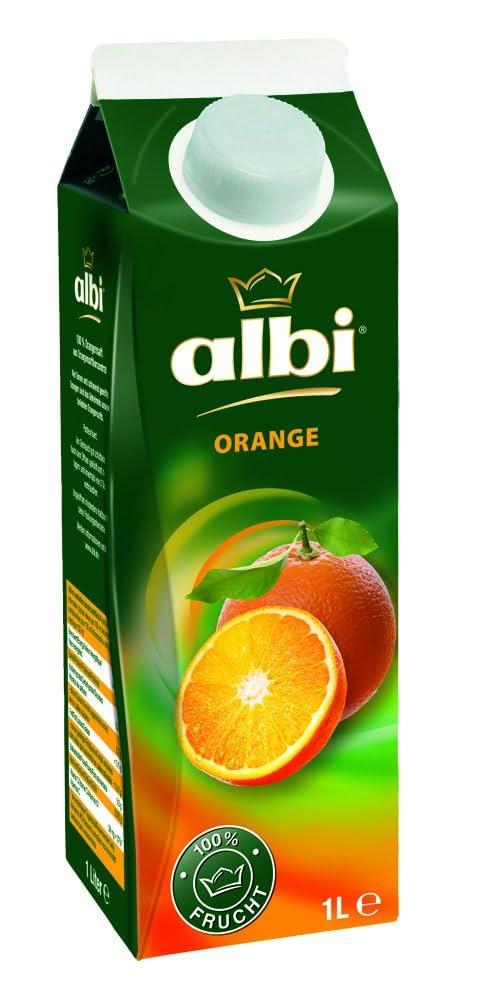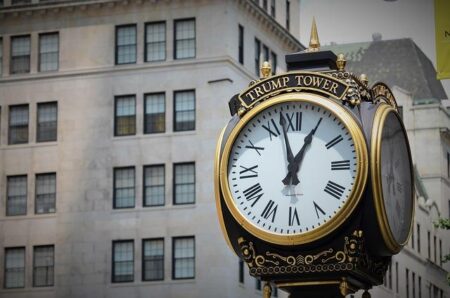The Trump administration’s recent tariffs on Brazilian orange juice are poised to drive up prices for American consumers, according to industry importers. NBC News reports that these new trade measures, part of an ongoing dispute between the United States and Brazil, are expected to increase costs across the supply chain, potentially impacting availability and affordability of a staple breakfast beverage. As tariffs take effect, stakeholders warn of broader economic repercussions and heightened tensions in bilateral trade relations.
Impact of Trump Tariffs on Brazilian Orange Juice Import Costs
The recent tariffs imposed by the Trump administration on Brazilian orange juice imports are expected to significantly increase costs for U.S. importers. Industry experts warn that the added duties, which can reach up to 25%, will strain already tight profit margins and likely lead to higher retail prices for consumers. Importers have expressed concerns that these increased expenses will ripple through the supply chain, affecting distributors and retailers alike.
Key factors driving the cost impact include:
- Increased import duties directly raising the cost per carton of orange juice.
- Supply chain adjustments as companies seek alternative sources or pass costs downstream.
- Market volatility caused by uncertainty in trade relations, influencing pricing strategies.
| Cost Factor | Estimated Increase |
|---|---|
| Import Tariff Rate | Up to 25% |
| Average Cost Increase per Carton | $0.45 – $0.60 |
| Projected Retail Price Rise | 5% – 8% |
Economic Ripple Effects on US Consumers and Juice Retailers
The imposition of tariffs on Brazilian orange juice imports has set off a chain reaction that directly impacts both US consumers and retailers. For consumers, this translates into noticeable price hikes at grocery stores and juice bars, squeezing household budgets already pressured by inflation. Retailers, particularly smaller juice shops and regional grocery chains, face increased wholesale costs, forcing many to either raise prices or absorb lower margins to maintain customer loyalty. As a result, consumer choices may shift toward alternative beverages or cheaper juice blends, altering demand patterns in the market.
Industry experts warn that these tariffs could create sustained economic ripple effects, including:
- Reduced profit margins for retailers due to higher import prices
- Disrupted supply chains as companies seek new sourcing options
- Potential job impacts in retail and distribution sectors
- Consumer substitution toward less costly or domestically produced juices
| Category | Current Price | Projected Increase |
|---|---|---|
| Retail Orange Juice (per gallon) | $6.50 | +15% |
| Wholesale Import Cost | $3.20 | +20% |
| Alternative Juice Blends | $4.00 | +5% |
Strategies for Mitigating Price Increases in the Orange Juice Market
To counteract the anticipated surge in orange juice prices caused by new tariffs, importers and retailers are exploring a variety of cost-control measures aimed at cushioning consumers from steep price hikes. One effective approach is diversifying sourcing channels by securing contracts with alternative suppliers outside Brazil, such as Florida and other Latin American countries, to reduce dependency on a single market. Additionally, companies are optimizing their supply chains through advanced logistics and bulk purchasing strategies to absorb some of the tariff impacts without immediate price transfers to consumers.
Other tactics gaining traction include:
- Investing in tariff mitigation technologies, like enhanced blending techniques that allow mixing higher-cost Brazilian juice with domestic substitutes to maintain quality.
- Increasing promotional campaigns focused on smaller packaging sizes to encourage trial and reduce overall consumption costs for buyers.
- Engaging in government advocacy for tariff exemptions or relief, emphasizing the economic impact on both industry stakeholders and consumers.
| Strategy | Expected Impact | Implementation Timeline |
|---|---|---|
| Diversifying Suppliers | Moderate cost reduction | 3-6 months |
| Supply Chain Optimization | Improved efficiency, lower overhead | Immediate to 3 months |
| Packaging Adjustments | Reduced consumer cost per unit | 1-2 months |
| Government Lobbying | Potential tariff relief | 6+ months |
Insights and Conclusions
As discussions around trade policies continue, the impact of the Trump administration’s tariffs on Brazilian orange juice underscores the complex interplay between international diplomacy and domestic markets. Consumers may soon feel the effects in their grocery bills, highlighting the far-reaching consequences of tariff decisions beyond the negotiating table. Stakeholders from importers to retailers will be watching closely as the situation develops, seeking to navigate the challenges posed by these new trade restrictions.




